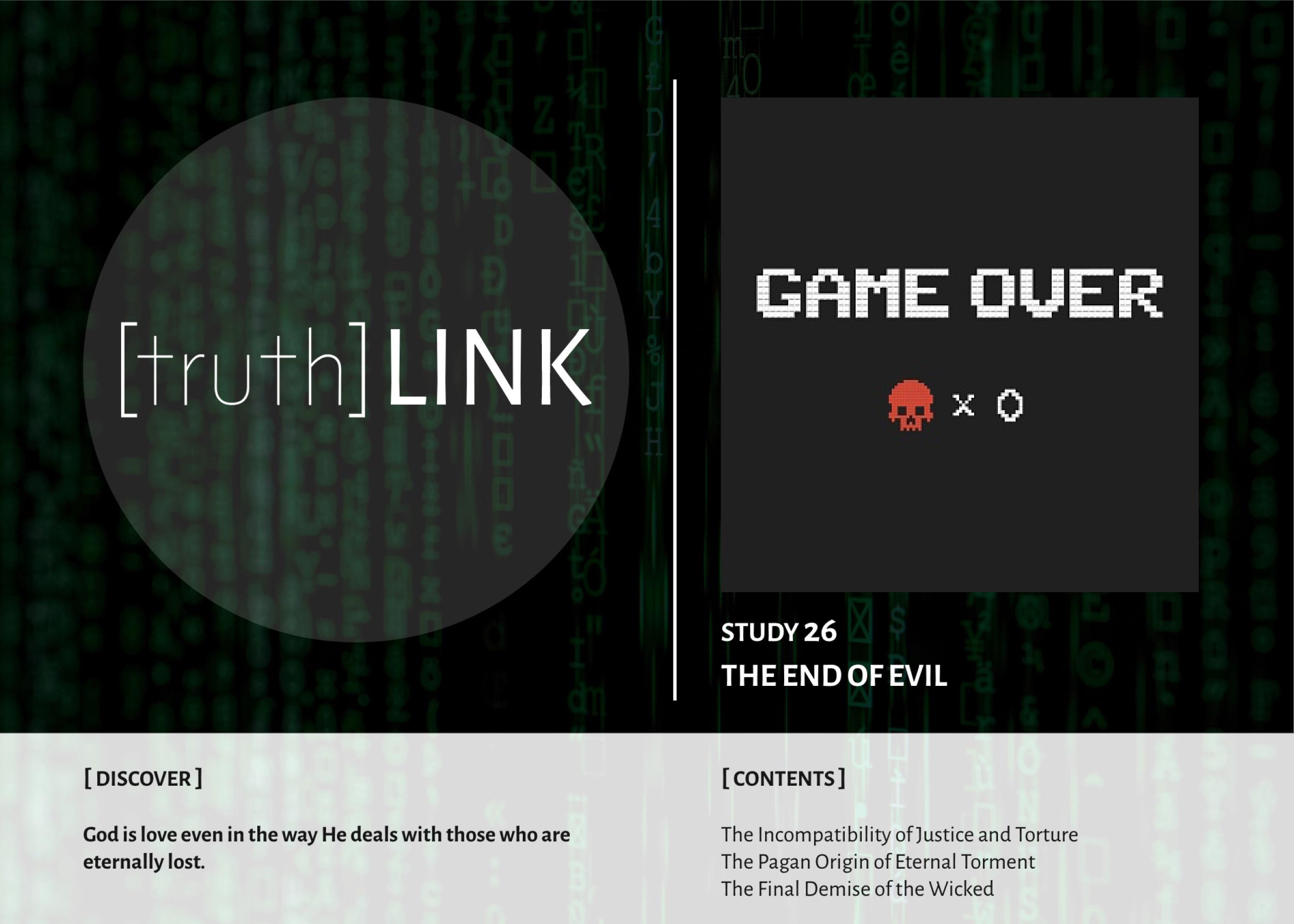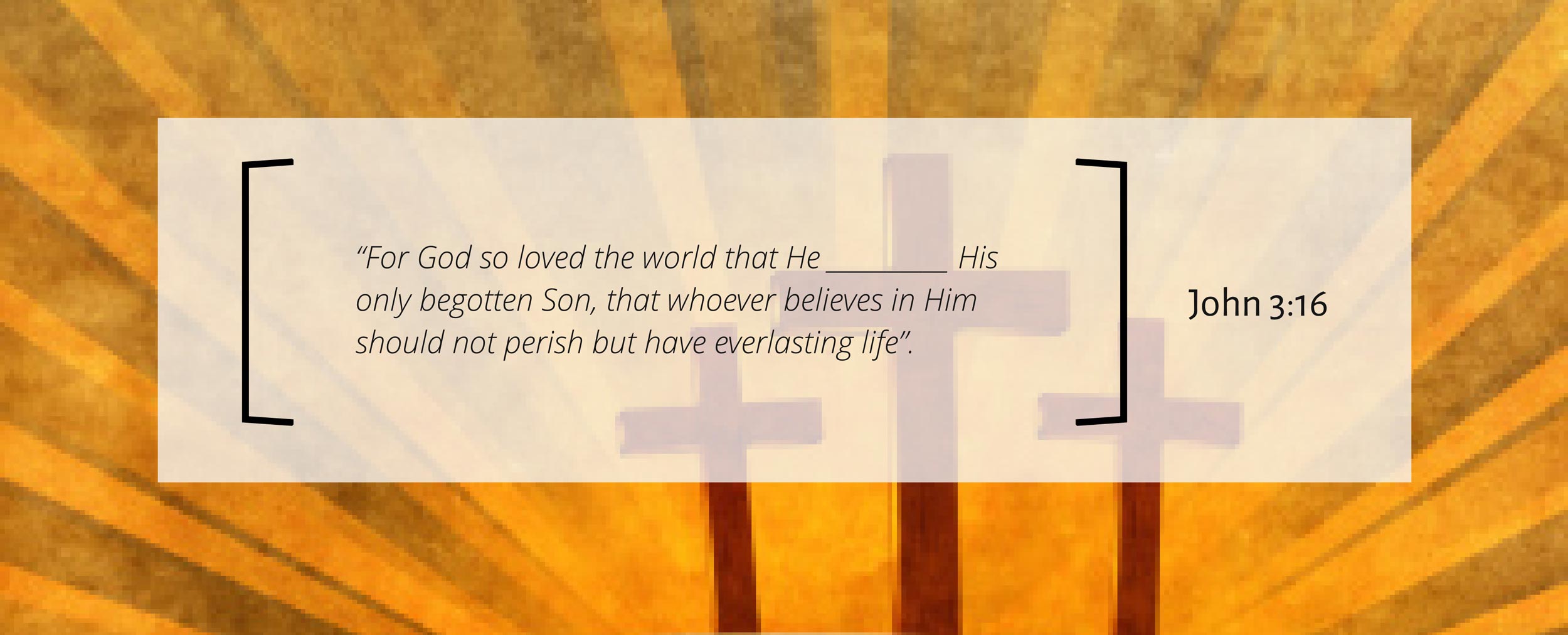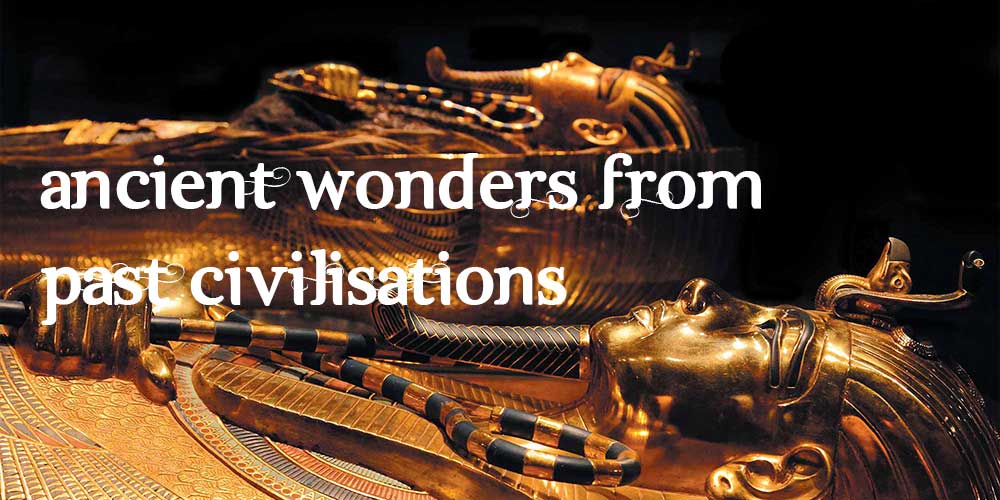
The Incompatibility of Justice and Torture
On June 26, 1987, The United Nations Convention against Torture became enforceable as a covenant between nations. The content of this international agreement is of extreme significance, not only for the protection of human rights it affords, but also for what it tells us about the general human awareness that torture is unequivocally wrong. Because human beings were created in the moral image of God, even in our fallen condition we still possess an innate sense of justice that naturally condemns torture as evil. When that sense of justice is missing from a human being so that they can engage in acts of torture without feeling guilt, we judge that person a psychopath. We know that torture does not accord with justice and that a person who engages in torturing is mentally ill at best and willfully evil at worst.
And yet, many have been taught to believe that God subjects millions of people to torture for all eternity. The most famous sermon ever preached in America is titled, Sinners in the Hands of an Angry God, by Jonathan Edwards. A few lines will suffice to remind us just how horrific the idea is:
“It would be dreadful to suffer this fierceness and wrath of Almighty God for one moment; but you must suffer it for all eternity. . . no end to this exquisite, horrible misery . . . a boundless duration before you . . . you will absolutely despair of ever having any deliverance . . . you must wear out long ages . . . conflicting with this almighty merciless vengeance . . . and then . . . when so many ages have actually been spent by you in this manner, you will know that all is but a point (a dot) to what remains. So that your punishment will indeed be infinite.”
Wow! This reads like Edgar Allan Poe horror. But no, it’s popular religious doctrine. Conscious beings burning alive forever! It’s difficult to imagine a more terrifying idea. And it’s even more difficult to imagine a God of love doing this to people! In this study, we will discover that the Bible paints an entirely different picture, revealing that God is just and merciful in all His ways, even in the way He will finally deal with those who, by their own choice, reject God’s gift of redemption.
The Pagan Origin of Eternal Torment
The fact is, the idea of a place of fiery torture at the center of the earth, or in some other region of the universe to which damned souls go when they die, is not taught in the Bible. Rather, it is a pagan teaching that traces back to ancient Babylon and then shows up in nearly all of the cultic religions of the ancient world, most prominently in Egypt, Persia, Greece, and, finally, in Rome, the apex of paganism. Then, as the Roman Catholic Church was gradually incorporated into the pagan Roman Empire as the official religion of the state, church leaders found it politically advantageous to “Christianize” the doctrine of eternal torment in order to secure and control multitudes of nominal converts.
There were two main features to the ancient pagan conception of deity: (1) the demand for human beings to engage in appeasement rituals, including human sacrifice, to divert divine wrath and earn divine favor, and (2) the terrifying threat of eternal imprisonment in the flames of the underworld as the punishment awaiting lost souls when they die.
Some of the ancient pagan gods are named in Scripture: Dagon, Molech, Chemosh, Ishtar, Marduk, Tammuz, and Baal. In Jeremiah 19:5, the one true God distinguishes Himself from the false god, Baal, by sharply disassociating Himself from the cruel practice of burning humans as sacrifices:
“They have also built the high places of Baal, to burn their sons with fire for burnt offerings to Baal, which I did not command or speak, nor did it come into My mind.”
This God is different! Hear His heart. Burning human beings as sacrifices is completely foreign to His character. The very idea never enters His mind. How much more foreign to His character must it be to burn people alive forever with no hope of release from the flames!
So, then, if the doctrine of eternal torment has its origin in paganism, what does the Bible itself teach regarding the final demise of the wicked?
The Final Demise of the Wicked
First of all, we need to understand that at the foundation of the doctrine of eternal torment is the doctrine of inherent immortality—the idea that the human soul cannot die. From this premise it logically follows that wicked souls must live on eternally somewhere in God’s universe, and since they cannot live with the saints in Paradise there must be somewhere else they continue existing in a tormented state. But the Bible teaches no such thing.
READ GENESIS 3:1-5, ESPECIALLY NOTING VERSE 4, TO DISCOVER WHERE THE IDEA THAT HUMANS CANNOT DIE CAME FROM.
The Bible plainly states that God “alone has immortality” inherent in Himself (1 Timothy 6:16). The Bible just as clearly states that God will give the gift of immortality to the redeemed at the second coming of Jesus: “this mortal has put on immortality” (1 Corinthians 15:54). Immortality is something God gives to the redeemed. It is not something human beings possess innately whether redeemed or not. In fact, the consistent testimony of Scripture is that the wicked will not, in fact, live on eternally.

Perish! Not live on forever undergoing torture!
“The wages of sin is _________” (Romans 6:23). Not eternal torment!
“Sin, when it is finished, brings forth _________” (James 1:15). Not eternal life writhing in flames!
Speaking to those who will inhabit the New Earth, the prophet Malachi says that all evil people will be “________ under the soles of your feet” (Malachi 4:3).
Ezekiel quotes God saying to Satan, “I will bring forth a fire from the midst of thee, it shall __________ thee, and I will bring thee to __________ upon the earth . . . and never shalt thou ____ any more” (Ezekiel 28:18-19, KJV). The devil himself will cease to exist rather than suffer forever.
Speaking of the day of final judgment, the prophet Obadiah describes the demise of the wicked of “all the nations” by saying, “They shall be as though they have never been” (Obadiah 15-16).
Psalm 37:20 describes the final end of the wicked in similar and equally explicit terms: “The wicked shall ___________; and the enemies of the Lord, like the splendor of the Meadows, shall __________. Into __________ they shall _________ away.”
But doesn’t the Bible say somewhere that the wicked will be tortured eternally? Actually, no. But it does use the words forever and eternal in its own internally consistent way to describe the destruction of the wicked. Read Revelation 14:11 and 20:9-10. These are the two challenging passages that seem, when read out of their larger biblical context, to contradict the other passages that clearly describe the eternal destruction of the wicked. But a few clear Bible verses will immediately remove all confusion.
Jonah says that he was in the belly of the whale for “three days and three nights,” which he calls “forever” (Jonah 1:17; 2:6). Hannah gave her son Samuel to the service of the Lord “forever,” by which she meant, “as long as he lives” (1 Samuel 1:22, 28). God told Israel that if a man were to choose lifelong service of another, he would “serve him forever,” meaning till death (Exodus 21:6). In Scripture, “forever” means as long as an event lasts to reach completion, which in the case of the fire that destroys the wicked, means until they are consumed to ashes.
Also, notice how the term “eternal fire” is used in the Bible: “Sodom and Gomorrah . . . are set forth as an example, suffering the vengeance of eternal fire” (Jude 7). But wait, those cities aren’t still burning. So Peter speaks of God, “turning the cities of Sodom and Gomorrah into ashes, condemn[ing] them to destruction” (2 Peter 2:6). Clearly, the Bible employs the term “eternal fire” to mean that the effect of the fire is eternal, not its duration.
God’s promise is that evil will end, not that it will go on forever. The last book of the Bible tells us that God will finally make “a new heaven and a new earth,” in which “there shall be no more death, nor sorrow, nor crying,” and “no more pain” (Revelation 21:4). This could not be said if, in fact, lost souls are imprisoned somewhere in the universe “crying” out in “pain” as they undergo endless torture. Because God is love, Satan and all those who would continue in hurtful, abusive, and self-serving behaviors will be mercifully and justly destroyed and cease to exist. And yet, even this is painful to the heart of infinite Love: “As I live, says the Lord God, I have no pleasure in the death of the wicked, but that the wicked turn from his way and live” (Ezekiel 33:11). God longs for the salvation of all, but will force no one.
[CONNECT]
The wicked become eternally lost by eradicating from their souls the capacity for love.
Jesus described those who are finally lost as “those who practice lawlessness” (Matthew 13:38-41). “Practice” is poieō in the Greek and means to fashion or to make a thing out of something. “Practice” is a good translation because it gives the sense of a repeated course of action that produces a habitual state of being. “Lawlessness” is anomia, which means to be without law. God’s Law is “love” (Romans 13:10). We see, then, that the wicked are those who have pursued a habitual course of living that is without love to the point that they have fashioned themselves into loveless creatures only capable of evil. They are not eternally lost due to an arbitrary decision on God’s part, but because they have made themselves irrevocably wicked. By selfish choices they have destroyed the fine mental, emotional, and volitional mechanisms of their humanity to the point that living for others is no longer possible for them. Therefore, as a perfectly blended act of justice and mercy, God will eradicate the wicked from existence as though they had never been.
[EXPERIENCE]
What a blessing it is to know that torture is foreign to God’s character!
Dear God, with my whole heart I embrace You for the good God You actually are. Thank You that salvation has been worked out in Jesus Christ for all human beings so that no one need be eternally lost and, yet, that You will deal justly and mercifully with those who persistently choose evil and reject Your love to the point of no return.
Phone 1300 300 389























